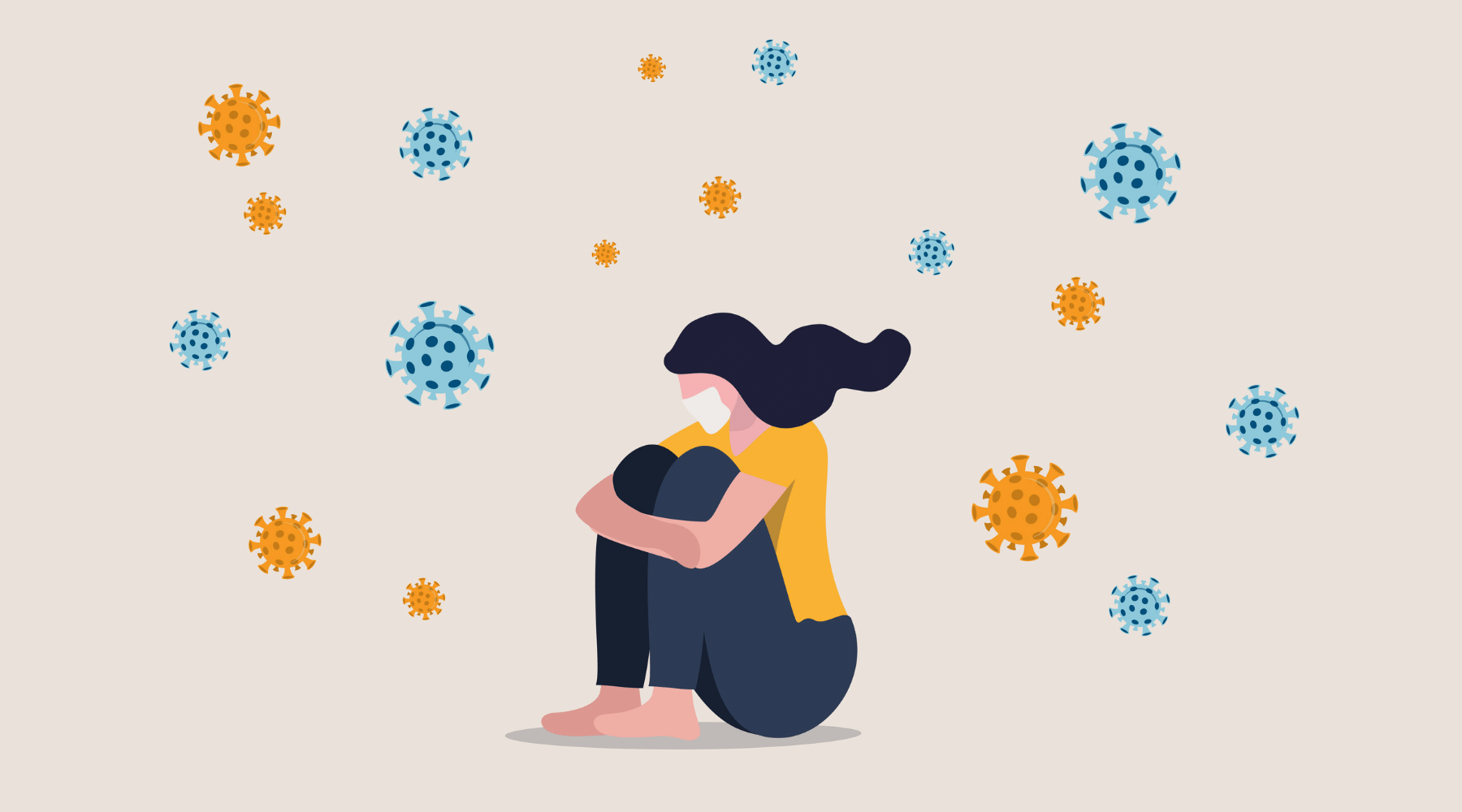As summer approaches, the U.S. is returning to something that looks like normal.
But after more than a year of masks, physical distancing and staying home, more than half of U.S. adults have experienced anxiety about returning to in-person interactions, according to the American Psychological Association.
Experts at the Oklahoma Medical Research Foundation have tips for those feeling uneasy about returning to a world without pandemic precautions.
Start small
If the thought of being in a busy store or with a large group of people makes your stomach churn, start slowly, said OMRF physician-scientist Hal Scofield, M.D. But don’t bet on anxiety completely disappearing on its own.
“Find small ways to increase the time you spend around people and build up gradually,” said Scofield. “A little discomfort can be a good thing. You’ll slowly train yourself to relax in larger social situations over time.”
But, added Scofield, if anxiety persists, speak to your doctor.
Unmasking not required
“If you’re fully vaccinated and are not immunocompromised, masks are not necessary,” said OMRF immunologist Eliza Chakravarty, M.D.
Any of the Covid-19 vaccines approved for use in the U.S. offers robust protection from severe illness or death. But after a year of masks, says Chakravarty, there’s no harm in continuing to wear one. And they could protect against other respiratory viruses.
“Masks work. If you aren’t ready to go without in every situation, continue to wear one. They may come back into fashion in the winter if influenza returns to pre-Covid levels, so you’ll be ahead of the game,” she said.
Focus on full-body wellness
In addition to high levels of anxiety, the APA study found since the start of the pandemic, 61% of American adults experienced unwanted weight change, 35% are sleeping less than they would like, and 23% coped with stress by drinking more alcohol.
“Many people managed the stress of the last year in ways that can leave a lasting impact if they’re allowed to persist,” said Scofield.
Chakravarty agreed, adding that for those who became more sedentary or relied heavily on processed foods and takeout over the last year, a pivot in both areas can make an impact on anxiety.
To get moving, start with low-impact exercises like walking or yoga. And in the kitchen, fill your plate with vegetables, fruits and whole grains.
“When you take care of your body, you’re taking care of your mind,” Chakravarty said. “Your physical wellness should not be overlooked when trying to reduce overall anxiety about re-entry.”



